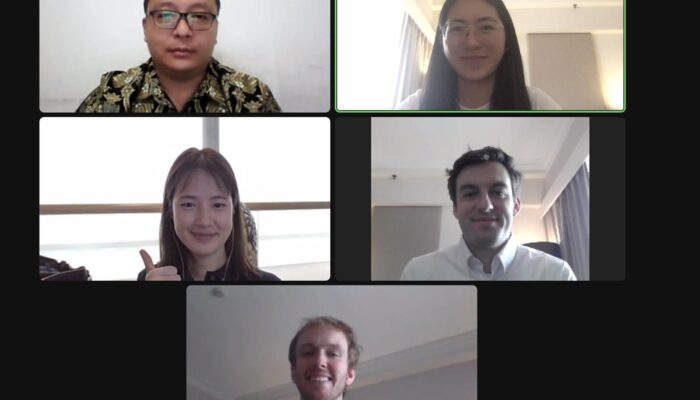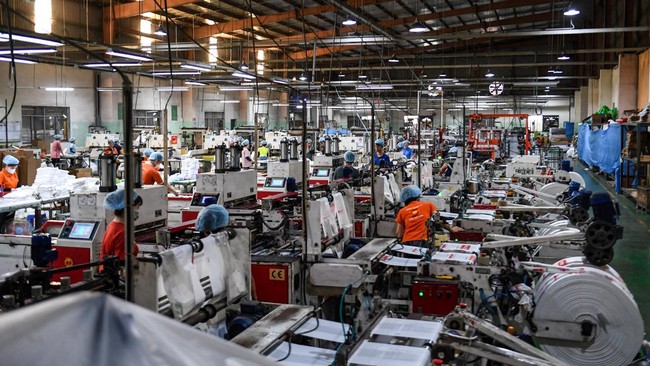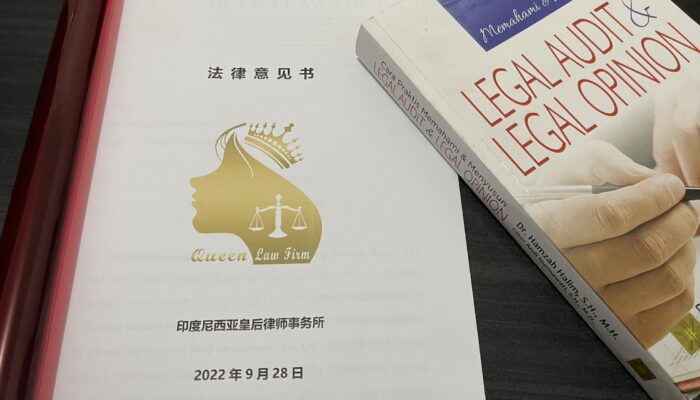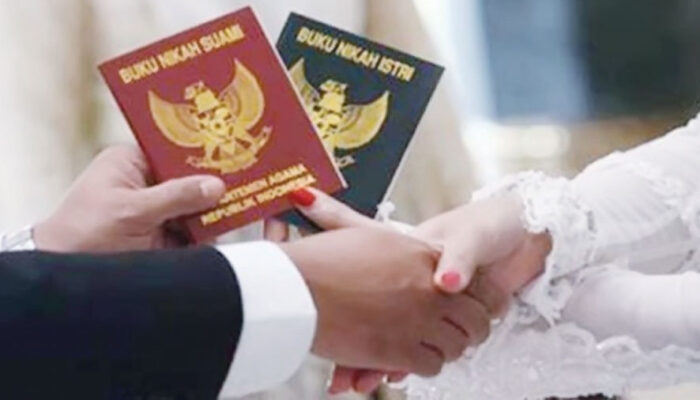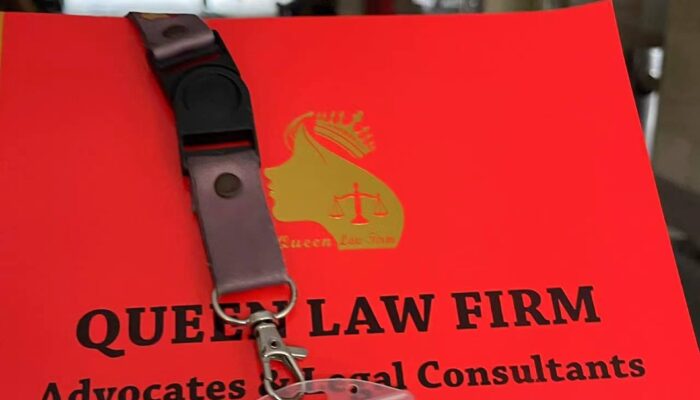On March 22, 2023, a research team from Johns Hopkins University interviewed Dr. Guan from the Queen Law Firm to discuss the issue of judicial efficiency in Indonesia.
In the interview, Dr. Guan pointed out some problems in the Indonesian judicial system, such as excessive delay in case processing, lack of transparency and predictability, and uneven professional level among judges. These problems have led to low efficiency and unfairness in the judicial process, negatively affecting Indonesia’s business and investment environment.
However, Dr. Guan also mentioned some positive changes. The Indonesian government has begun to take measures to improve judicial efficiency and fairness, such as implementing electronic litigation systems, strengthening training for judges and legal professionals, and establishing a more transparent and predictable judicial system. These measures are expected to promote the improvement of Indonesia’s legal environment and judicial image, enhance business confidence, and attract more foreign investment.
Dr. Guan also stated that although there are still many challenges in the Indonesian judicial system, he remains optimistic about the future and calls on the government, enterprises, and all sectors of society to work together to promote the reform and modernization of the Indonesian judicial system to achieve a more fair and efficient judicial process.

